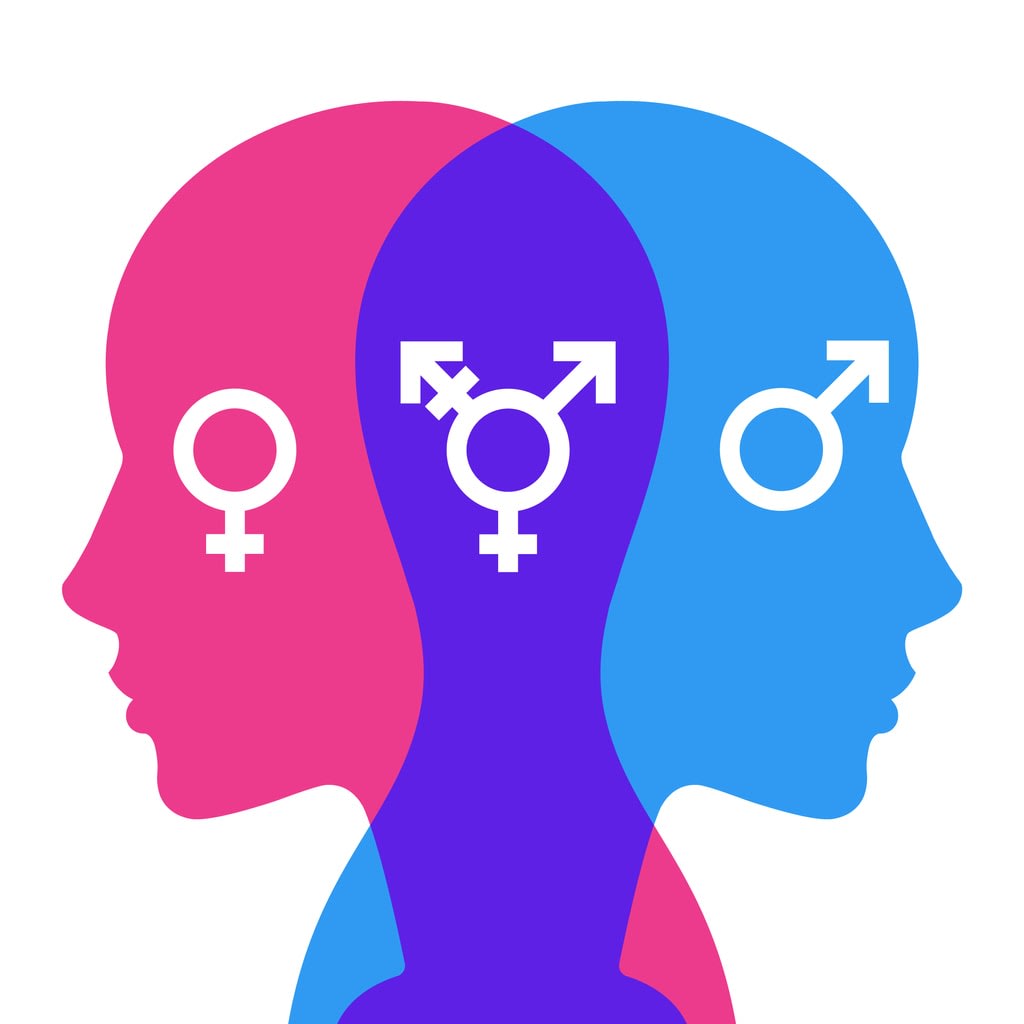Women still spend more time caring for children compared to men, as evident from the US survey carried out between 2011 and 2021.
Interestingly, while levels of employment affected child care time for both men and women, for men the effect was less pronounced.
One other interesting finding is that the difference between men and women is minimal when both work full-time, suggesting a more equal distribution of duties due to lack of available time.


Is it the position of this community, or your position, that any difference based on sex is sexism and sexism is bad? In this case, that the childcare workload should be 50/50, and any other distribution is wrong? Could 60/40 be acceptable (in either direction) if that maximized some other value, say, life satisfaction, or child development, or even some productivity metric?
The community doesn’t have a position, it consists of different people, mainly united by the idea of combating sexism.
A different distribution, in my opinion, isn’t necessarily bad in and of itself, but may signal of systemic issues within a society - namely, women are expected to prioritize child care higher than men merely by the virtue of being women, and men are not held to a similar standard (which is sexist). This forces women into roles they may not want to play, and at the same time this may affect the child’s development.
Men absolutely are held to a higher standard.
With reasonable exceptions (grooming, manipulation, etc), relationships are a choice. Simply do not partner with a man that does not respect women as an equal.
If the man is trash, leave them and do not start a family with them. It’s that simple.
Aside from grooming, manipulation etc. there are also such things as general trends and societal pressures.
As men are, on average, caring less of their children, women have harder time finding male partners that would do enough of it, and it gets normalized. As it does so, society starts to see women who want an equal partner in terms of child care as too picky and unrealistic, and indeed, it might be hard to find a partner that fits this criteria along with other ones any person has.
It’s important to remember that finding a good partner is hard for everyone.
I appreciate the leeway to take a different approach here. I’m not generally impressed with studies where the issue is broken down into men do this thing X%, women do this thing Y%. And then everyone just fills in their own preferences as the preferences of their entire gender, and the shit flinging commences.
The key here is centering preferences as the target metric. For example, I found this slightly dated research from Pew
https://www.pewresearch.org/social-trends/2013/03/14/chapter-4-how-mothers-and-fathers-spend-their-time/
Which has a section titled, “How do parents feel about their time.” To paraphrase, women are happier with the amount of childcare they do than men. Many men wish they were doing more childcare. But among the small number of parents who wish they did less childcare, there are over twice as many women.
I think getting those distributions to look more similar is a much better target, than trying to equalize the hour balance.
“May be it’s due to preferences” is not really a counterargument to the correlation being caused by sexism. Human preferences are heavily influenced by societal pressures such as assumed gender roles which fall under the scope of “sexism”.
Fair!